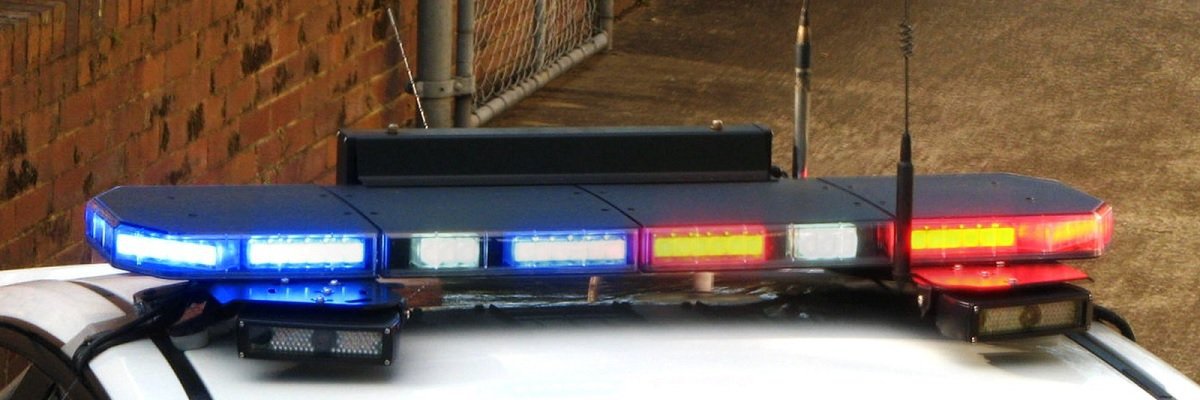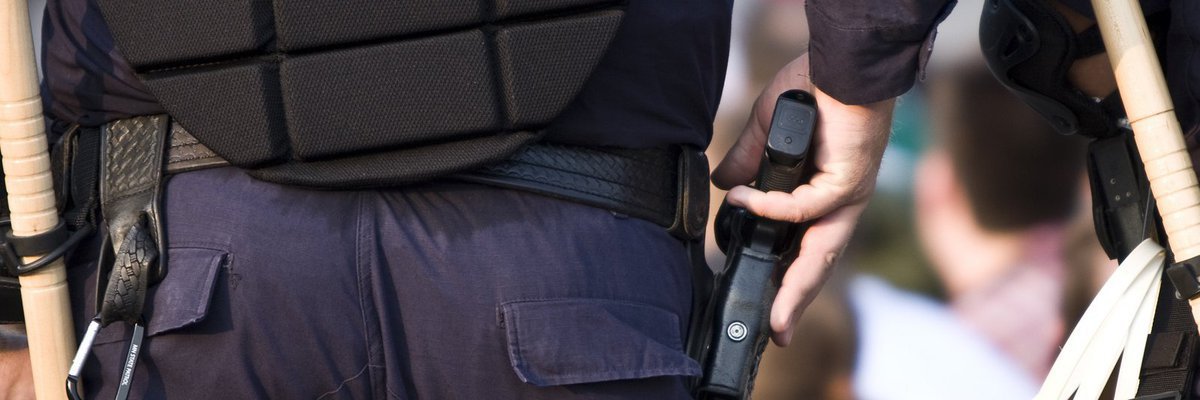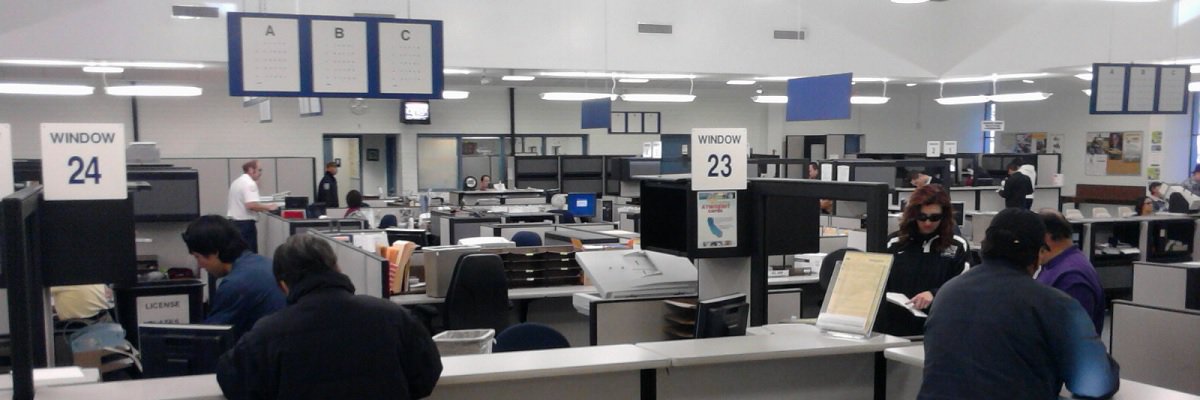Yesterday, the American Civil Liberties Union released a report on the widespread use of automated license plate recognition (ALPR) technology by law enforcement across the country. MuckRock users have been filing records requests on ALPR for the past two years, seeking police policies, acquisition records and data collected by the scanners. Below is a sampling of the hundreds of pages of documents we’ve obtained so far on this controversial technology.
One of the primary aims of the ACLU report was to provide a sense for where exactly ALPR is being used across the country. While MuckRock has not conducted a comprehensive survey for ALPR on par with the Drone Census, our users have sent a number of records requests to flesh out whether particular departments are using the scanners, and how.
The map below indicates all law enforcement agencies in Massachusetts using ALPR as of April 2013, when my project found its way onto the front page of the Boston Globe. In total, more than 50 agencies deploy ALPR scanners in Massachusetts:
As part of that project, I also requested scan data for ALPR deployment. ALPR scanners record a GPS tag plus date and time for each vehicle they scan, regardless of whether the vehicle registered a hit against the scanner’s database of vehicles of interest. Police in Somerville, Mass. provided structured data that was easily mapped into a snapshot of all traffic stops conducted by the department after an ALPR hit:
The ACLU report highlights the diversity of policies in place across the country on ALPR usage and data retention, as well as a shocking number of agencies without any written policy whatsoever. In my survey of Massachusetts law enforcement, I uncovered a similar pattern, notably that 36 of the 53 departments queried had no written policy on ALPR. The above map of my findings from April reflects which departments have written ALPR polices (blue pins) and which have none (red pins). Note that that Massachusetts State Police, which alone operates at least 20 ALPR scanners, has no written policy to govern their use.
Boston police did release their ALPR policy, which allows for routine retention of all scanner data for 90 days. Under the BPD policy, data can be kept indefinitely for investigative purposes. Here’s the Boston policy in full, which we also found essentially copied in full at a handful of other departments around the state.
The town of Brookline, Mass., which was highlighted in the ACLU report as an example of successful community involvement in the ALPR deployment process, also released its policy as soon as it was approved by police brass and the Board of Selectmen:
The ACLU report notes that many law enforcement agencies at the state and local levels acquire their license plate scanners through federal grants, which often circumvents oversight from the agency’s legislative body. As part of my Massachusetts ALPR project, I acquired documents from the U.S. Department of Transportation, which granted more than $600,000 for ALPR scanners to some 40 Massachusetts law enforcement agencies. The grants were administered through the Massachusetts Executive Office of Public Safety and Security, which aimed to establish a centralized database from the scanners distributed around the state:
MuckRock user Carlton Purvis acquired dozens of pages of acquisition documents for the Metropolitan Police Department in Washington, D.C., which has spent more than $1 million on scanners. Purchase documents indicate that D.C. scanners were purchased via federal Homeland Security grants:
The National Archives spent more than $400,000 on a non-functional license plate reader system for its parking lot, according to a 2012 report obtained by MuckRock co-founder Michael Morisy from the National Archives Inspector General:
MuckRock is continuing to dig into the use of ALPR and other technologies with potential for civil liberties infringement. When it comes to law enforcement transparency, public records are a critical resource for holding our public safety officials accountable.
Image via Wikimedia Commons and is licensed under CC BY-SA 2.0




